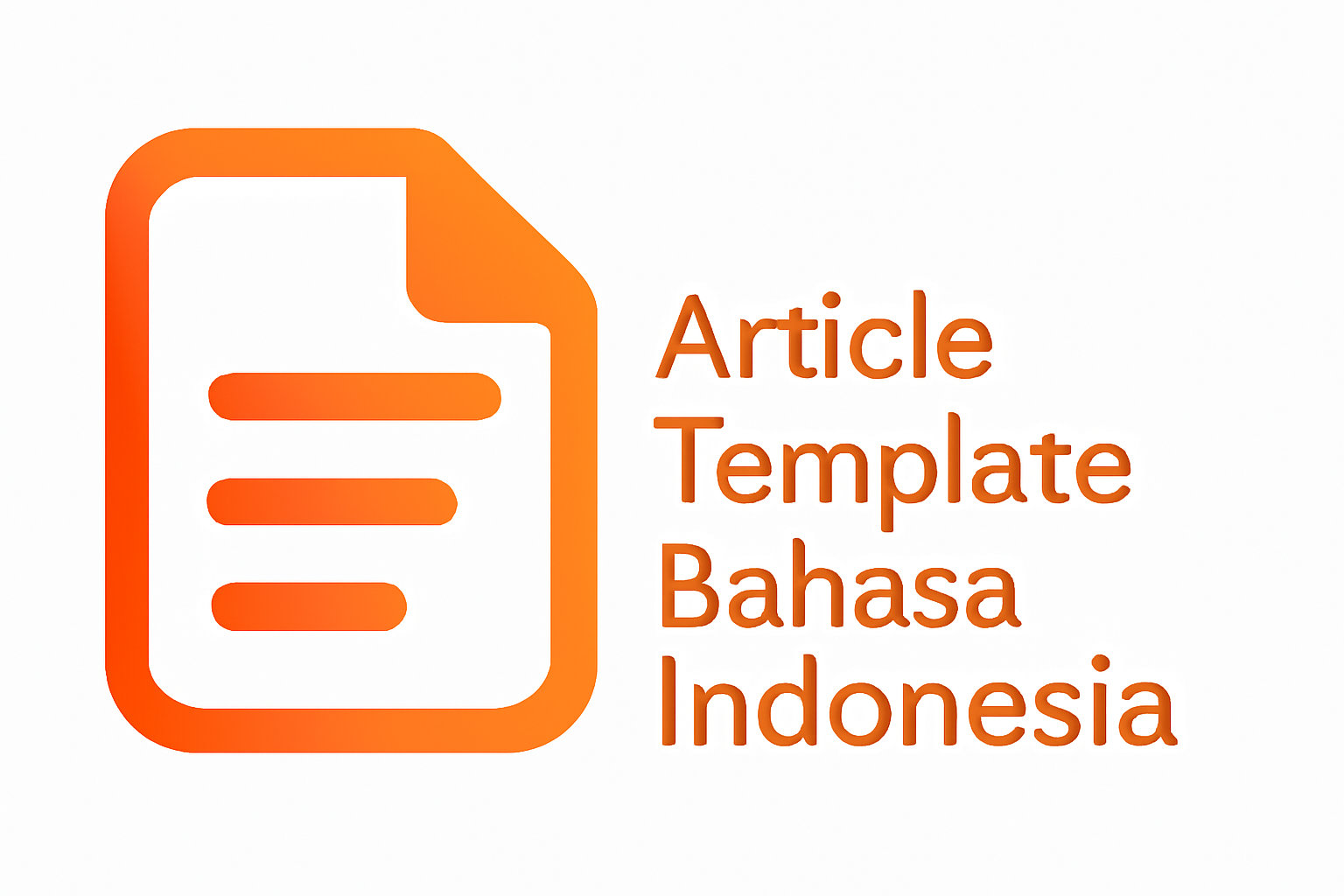Stereotip Perempuan dalam Kumpulan Cerpen Jangan Pulang Jika Kamu Perempuan Karya Riyana Rizki: Kajian Gender
DOI:
https://doi.org/10.30872/dohgisin.2272Keywords:
relasi gender, stereotip perempuan, cerita pendekAbstract
Penelitian ini bertujuan untuk menguraikan bentuk relasi gender dan stereotip yang ditemukan dalam kumpulan cerpen Jangan Pulang Jika Kamu Perempuan karya Riyana Rizki menggunakan kajian gender. Penelitian ini menggunakan studi pustaka dengan metode kualitatif deskriptif. Cerpen dalam kumpulan cerpen Jangan Pulang Jika Kamu Perempuan karya Riyana Rizki digunakan sebagai data dalam penelitian ini. Berdasarkan analisis data, diperoleh simpulan bahwa relasi gender yang dibangun dalam kumpulan cerpen ini adalah laki-laki sebagai kelompok dominan memiliki kekuasaan yang lebih besar dibandingkan perempuan sebagai kelompok inferior. Penelitian ini juga menghasilkan stereotip perempuan sebagai makhluk lemah dan mudah dikuasai.
Downloads
References
Acik. (2020). Kritik Marxis Terhadap Teori Patriarki. Bintang Nusantara.
Ahtisyah, R. (2022). Kajian Feminisme dan Stereotip Gender dalam Kumpulan Cerpen “Perempuan Penakluk Ombak” Karya Rafflesia Writer Community [Universitas Islam Negeri Fatmawati Soekarno Bengkulu]. https://repository.iainbengkulu.ac.id/10090/
Barker, C. (2004). Cultural Studies. Teori & Praktik. Kreasi Wacana.
Jassin, H. B. (1991). Tita Penyair dan Daerahnya. Haji Masagung.
MIWF. (n.d.). About. https://makassarwriters.com/about/
Nugroho, B. A., & Suhendi, I. D. (2022). Stereotip dan Resistensi Perempuan dalam Cerpen Payudara Nai-Nai Karya Djenar Maesa Ayu. Jurnal Sastra Indonesia, 11(1), 78-84. https://journal.unnes.ac.id/sju/jsi/article/view/50138
Nurgiyantoro, B. (1998). Teori Pengkajian Fiksi. Gadjah Mada University Press.
Puspitawati, H. (2013). Gender dan Keluarga: Konsep dan Realita di Indonesia. IPB Press.
Rizki, R. (2021). Jangan Pulang Jika Kamu Perempuan. Buku Mojok.
Sabela, J., Hendarso, Y., & Soraida, S. (2021). Fenomena Eksploitasi Ladies Companion (LC) di The Venus Kota Palembang. Jurnal Medi Sosiologi (JMS), 24(1), 93-101. https://jms.fisip.unsri.ac.id/index.php/jms/article/view/76
Sasongko. (2009). Konsep dan Teori Gender. Pusat Pelatihan Gender dan Peningkatan Kualitas Perempuan.
Suryanti, M., Muzammil, A. R. U., & Wartiningsih, A. (2022). Citra Perempuan Dalam Kumpulan Cerpen Perempuan Yang Memesan Takdir Karya W. Sanavero. Jurnal Pendidikan dan Pembelajaran Khatulistiwa (JPPK), 11(10), 2138-2148. https://jurnal.untan.ac.id/index.php/jpdpb/article/view/58836
Syahfitri, D. (2014). Teori Sastra. Penerbit Pustaka Ilmu.
Umar, N. (1999). Argumen Kesetaraan Gender, Perspektif Al-Quran. Paramadina Universitas Andalas.
Wiyatmi. (2009). Representasi Peran dan Relasi Gender dalam Novel Cantik Itu Luka Karya Eka Kurniawan dan Novel Nayla Karya Djenar Maesa Ayu. Litera, 8(1), 82-92. https://journal.uny.ac.id/index.php/litera/article/view/1204
Downloads
Published
Issue
Section
License
Copyright (c) 2024 Puspa Lembayung, Bayu Aji Nugroho, Ian Wahyuni

This work is licensed under a Creative Commons Attribution-ShareAlike 4.0 International License.
This license permits use, sharing, adaptation, distribution, and reproduction in any medium or format as long as you give appropriate credit to the original author(s) and the source, provide a link to the Creative Commons license, and indicate if changes were made. If you remix, transform, or build upon the material, you must distribute your contributions under a CC BY-SA license. The images or other third party material in this work are included under the Creative Commons license unless indicated otherwise in a credit line to the material.
Under the following terms:
- Attribution: You must give appropriate credit , provide a link to the license, and indicate if changes were made . You may do so in any reasonable manner, but not in any way that suggests the licensor endorses you or your use.
- ShareAlike: If you remix, transform, or build upon the material, you must distribute your contributions under the same license as the original.
- No additional restrictions: You may not apply legal terms or technological measures that legally restrict others from doing anything the license permits.
Authors who publish with this journal agree to the following terms:
- Authors retain copyright and grant the journal right of first publication with the work simultaneously licensed under a Creative Commons Attribution License that allows others to share the work with an acknowledgement of the work's authorship and initial publication in this journal.
- Authors can enter into separate, additional contractual arrangements for the non-exclusive distribution of the journal's published version of the work (e.g., post it to an institutional repository or publish it in a book), with an acknowledgement of its initial publication in this journal.
- Authors are permitted and encouraged to post their work online (e.g., in institutional repositories or on their website) prior to and during the submission process, as it can lead to productive exchanges, as well as earlier and greater citation of published work (See The Effect of Open Access).















